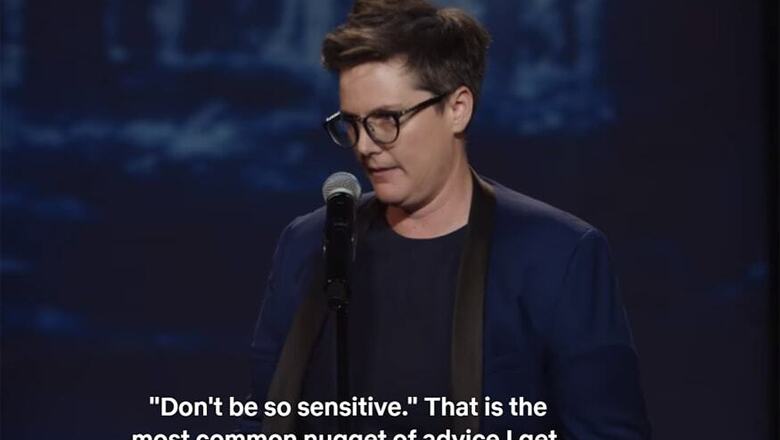
views
The women of Mahila Manch, an Ahmedabad based comedy group, have rented a projector today to watch Netflix's latest comedy show, Hannah Gadsby: Nanette, together. While most of them had seen it before (some of them more than once), they are very excited about the screening and more importantly, about discussing Hannah's unique style of comedy and especially her content.
For those of you who don't have any such friends or colleagues who have already raved about the show or claimed that it is 'ground-breaking,' 'powerful' 'transformative' or 'radical' I suggest you turn to The Atlantic, The New York Times or The Guardian to read a gushy review of how awesome Hannah Gadsby and her new brand of comedy is.
To give you a gist of the show, Hannah Gadsby: Nanette, a one-woman stand-up performance is about an hour long. During the show, Hannah Gadsby, an Australian comedian, talks about high-brow art, low-brow comedy, #Metoo movement, LGBTQ community members, her orientation (she is a lesbian), her coming-out story and many such topics that you might have heard a thousand times from other comedians. Yet, her comedy is different.
Her comedy is just a way of being serious. She too, like most comedians hanker for the claps of the audience and there are very well-timed deadpan jokes to bring back the laughs everytime her performance veers towards being 'too emotional.' or 'too serious'. Despite her claims of wanting to quit comedy, she knows it is a comedy show and not TEDtalk, and she does strike an excellent balance between being analytic and critical about her craft, and using the same craft to tell her 'story.' For me what makes Hannah a unique comedian is the fact that she is an exceptionally talented storyteller, who knows when her story needs the cloak of humor and when it is more powerful to state the truth in simple, plain words, without any garb.
Search for ‘Nanette’ on Twitter and there are thousands of tweets praising the comedian. Especially members of the LBGTQ community love her honest commentary on queer people.
Sakshi, who is a lesbian and a member of the Gaysi family, an organization that created an online space and E-zine for the queer desi based in Mumbai, said she loved Hannah's show and found it to be extremely relevant. "In India, the queer women narrative is still very limited and they get very little mainstream visibility. They are still largely invisible, marginalised. Obviously, queer women face double pressure. First for being a woman, and then for being queer. So, the issues that Hannah talk about in her show has been on all of our minds for a while, she has just said it out loud."
Throughout her performance, Hannah attacks homophobia, but she does not spare 'her people'-- members of the LGBTQ community either. She doesn't aim at any political correctness while talking about them and that is why her voice appeals more to them. She asks questions about the community which many of the members may have thought several times themselves but have never dared to ask.
Sakshi added, "Something that struck me straight away was when she spoke about the very first time she saw her 'own people' while watching the Mardi Gras pride parade on television and wondered where did all the quiet queer people go." Sakshi said that it made her re-evaluate the kind of events that she had been organizing for queer people as a part of the Gaysi family. "We also end up doing events in clubs and throwing parties. Especially in the last couple of months, we have had very little workshops or book club meet-ups or a trivia night, where LGBTQ members who are shy can meet new people."
Talking about Hannah's show, Sonal Giani, an LGBTQ rights activist and founder of a support group called Umang said, "I feel when LGBTQ people are called on a public forum they are expected to perform in a certain way. For Hannah, it may mean comedy but for other people, it means either being a drag or be loud. I'm glad that she challenges that. Of course, she has also addressed the kind of discrimination that the community goes through which is great."
Giani said that the show was so refreshing because "Hannah also checks the community members about how they can be more inclusive". In her own way, Hannah is pushing boundaries, Giani added.
Pooja Nair, a Mumbai-based writer and queer activist said, "It isn't like other stand-up comedies that you would watch. Hannah's show is a mixture of a tragic narration of life events, while also adding a lot of comic relief in-between."
"I know so many people who cried when they watched the show. I'm one of them," she added. Nair also said that Hannah's comedy is the kind of queer activism that is required to reach out to more people.
Preeti Das, an Ahmedabad based comedian, who started Mahila Manch last year said that she could connect to what Hannah was saying instantly, because she too, as a woman comedian, had faced those exact discrimination.
Das recalled, "The reason I started Mahila Manch last year was because I was tired. I was tired of seeing no women performers and fewer women in the audience. The situation was horrible, I did a 45-minute set addressing serious issues and then a male performer after me came in and said 'oh, she was PMS-ing.'
Das also pointed out that Hannah's mastery over the craft lies in the fact that through her storytelling she can not only make you laugh but also really make you think.
Another woman comedian, Shefali Pandey, pointed out that Hannah isn't saying anything particularly new. Pandey, who has lived in New York for 9 years before moving back to India said, "I am a little surprised about how much traction Nanette has been getting,"
"I think there are a lot of funny comics out there, but it is the fact that at one point Hannah gets very emotional, where she says that I am not going to make fun of myself now, which is why a lot of people are connecting with her, and her show," she added. Pandey said that somewhere in the middle of the show Hannah just stops being funny, and yet she keeps the audience hooked. Hannah navigates through all the familiar issues that liberal individuals, as well as liberal media, has been saying for so long. However, the reason why it is so impactful when Hannah says it is because she says it from a very personal perspective.
Vidya, who is a member of the LGBTQ community as well as a woman comedian said, "I saw Hannah's show a few days before an open mic event and I could not get it out of my head."
"Especially with horrifying incidents of the past few months -- Sabarmati suicide, the lynching of transgender women in Mumbai and Delhi and then the suicide of a trans man in Puducherry -- I just decided that I will not talk about these incidents through comedy anymore. It was exactly like Hannah said, 'there is nothing to make a punchline out of and then resolve the tension. We want you to carry the tension with you.' I also wanted people to carry the tension, to have them think why the world is like this where people are being killed or being forced to kill themselves," Vidya added.
Vidya said she loved the way Hannah set up the storylines. In the beginning, Hannah introduces the story of this man, who apologies to her when he realizes that she is a girl and not a 'faggot'. She initially leaves it at that with audiences laughing at the joke.
However, in the end, she comes back to the same story and this time she tells the complete story. She says how she was beaten up by that man.
"This story sends a chill down my spine as I am relating it to you because all of us have some such stories. We pack in humorous ways, instead of telling them in a manner which will make people realize how bad things can actually be for members of LGBTQ community," she added.
While Netflix reps of India are busy preparing for Sacred Games, Hannah Gadsby's show, Nanette is growing into a phenomenon of its own with the buzz created on social media and the word of mouth. Needless to say that Hannah deserves all the praises and love that she has been receiving, not just because she is funny (which she is. Very.) but also for daring to be vulnerable in front of an international audience and refusing to hide behind humor.










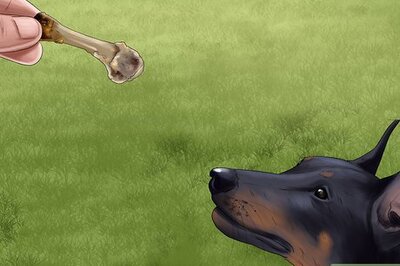
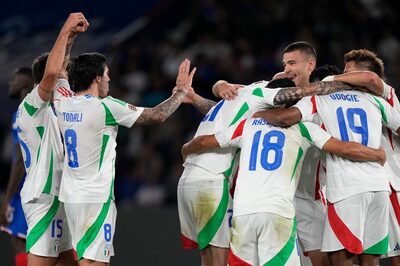




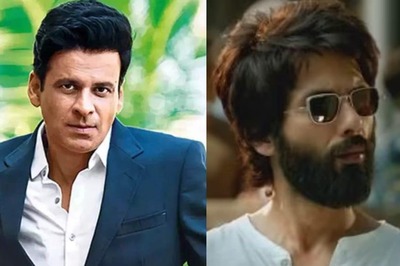
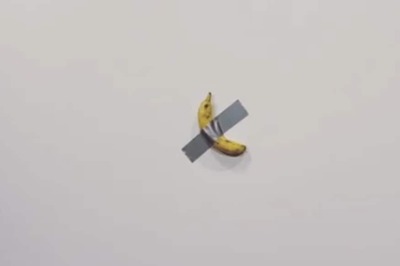
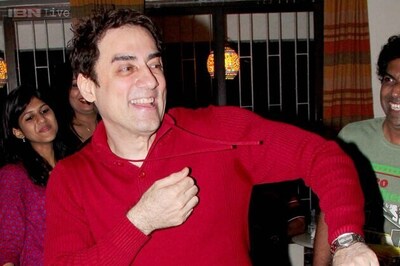

Comments
0 comment